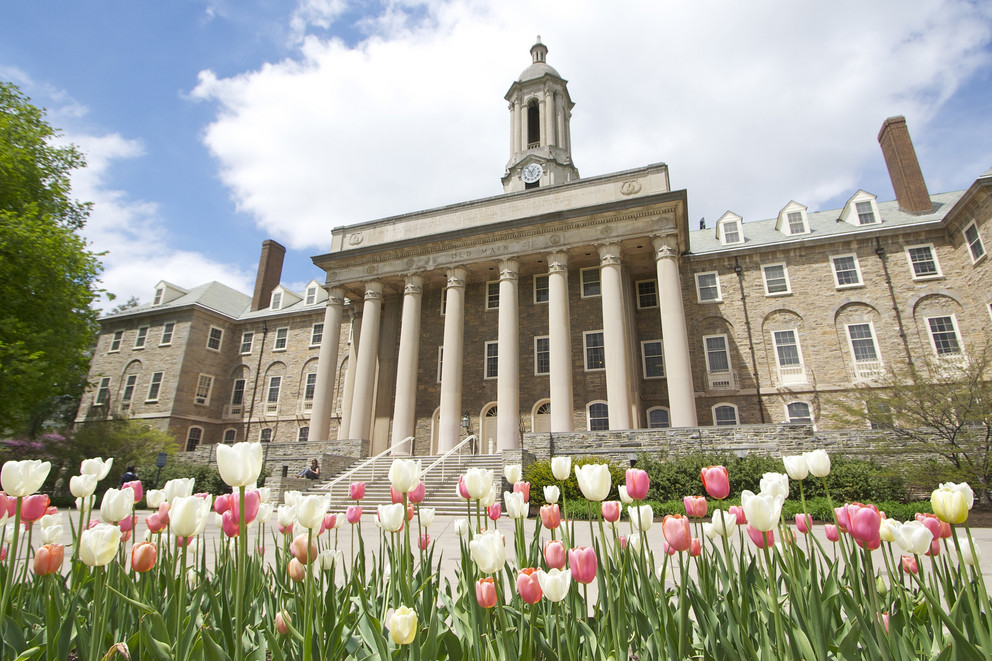For the second consecutive year, the in-state undergraduate students enrolled in Pennsylvania State University will see no hike in tuition. The announcement was made by the Board of Trustees after recommending a $6.8 billion university operating budget for the current academic year.
The tuition rate for full-time, lower-division, resident undergraduates will remain $8,708 per semester. Also, 19 other undergraduate campuses across the state will see no increase in tuition.
This is the third time in five years that the university has decided against increasing the cost of attending the college.
“Promoting affordability in the face of rising costs has not been easy, but we are working hard as a University to maintain and grow the quality of our academic programs, invest in the future, and continue to serve as an innovator in higher education,” said Penn State President Eric Barron.
“These goals have been and continue to be top priorities for our Board of Trustees and a focus for my administration.”
However, the out-of-state students would see tuition increase by $330 per semester, with $200 and $229 per semester increase at other Commonwealth campuses.
A recent report by 247 Wall St. ranked Pennsylvania number one in the U.S. when it comes to high levels of student loan debts. Students in Pennsylvania graduate with an average debt of $36,193 – much more than the national average of $28,650.
Over the years, the university has taken various measures to lessen the financial burden on students attending college. Various programs like Pathway to Success: Summer Start program, the Student Transitional Experiences Program, Sokolov-Miller Family Financial and Life Skills Center, Complete Penn State, and Raise.me micro-scholarship program are underway to increase college accessibility and affordability.
College Affordability a Major Issue for Adult Voters in 2020 Elections

